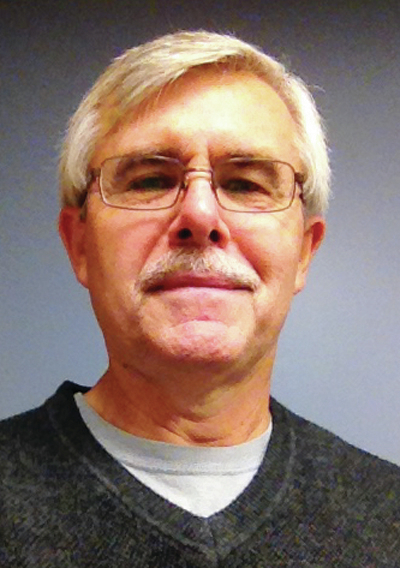I’m not writing about a hospice patient this week, but about my father-in-law, Dave, about care giving. Dave garnered respect by his mere presence. He was one of the most honest, sincere, and generous men I’ve ever known. He wasn’t a people pleaser. He was the same with everyone, rich or poor, and he attracted both.
Dave worked years as a correctional officer until he opened his used car lot. But Dave defied the stereotype of a used car salesman. I was loafing around the car lot one day when a young girl came in the office and asked, “Mr. Flinders, how much do you want for that orange Opal GT?” Dave replied, “Honey, you don’t want that car. It needs too many repairs. I can’t sell that car to you.” She insisted but Dave refused. I couldn’t believe my ears. Did he really say what I thought he said? In my opinion, he lived up to his nickname of “Big Hearted Dave” that day.
Dave was a free-spirited dreamer, but his dreams came crashing down with his first stroke in 1989, at age 60, followed by a series of strokes all contributing to his death on March 13, 2003. Dave’s first stroke affected him primarily mentally or cognitively, and he literally tried to “walk it off.” But successive strokes were physically devastating, resulting in inpatient rehabilitation, outpatient physical therapy, Home Health Care, walkers and wheelchairs, hospital beds and bedside commodes. My mother-in-law, Nita, managed Dave’s personal care on her own, until the day arrived when it took two people to transfer him from his bed to his wheelchair, from his wheelchair to the bedside commode. So my wife, Susie and I had to step it up a notch. Susie was an only child who admired her father and I played a minor role compared to Nita and Susie. They were the truly loving and faithful ones.
We were zealous about our roles as caregivers in the beginning, but as the months and years wore on we wore down, 14 years of care giving. During the last year and a half of Dave’s life, Susie and I had to go to the house three times a day, seven days a week. I hate to admit it, but sometimes it felt like I had an eight hour long leash around my neck and I became resentful and irritable at times and then I would feel guilty about the way I felt. I wanted to believe that I was a better man than that, but I wasn’t.
I’m reminded of the Jews asking John the Baptist, “Who are you?”, and him replying, “I’m not the Christ” (John 1:19-20). Well, neither are we. We’re just human with human limitations. I kept beating myself up for the way I felt, until one day it dawned on me, “If I liked this there would have to be something wrong with me.” I’m not doing it because I like it, I’m doing it because that’s what my family needs from me.
One spring day, while at work, the stress finally got to me. I thought, “I have to get out of here. I’ll drive out to the forest. Maybe I’ll feel closer to God there.” So I took the afternoon off and drove to Picnic Point, one of my favorite lookouts. It was a beautiful clear day. I could barely see the Ohio-Kentucky bridge at the western edge of town; about ten miles away, “as the crow flies.”
After some time sitting and praying on a split-log bench I said to myself, “I don’t feel any closer to God than I did before.” I thought, “Maybe I’ll feel closer to God if I hike through the forest.” But God still seemed distant. I returned to my split-log bench in despair. As I gazed upon the bridge at the edge of town, that “still small voice” (I Kings 19:12), whispered to me, “You left me in town. You’ll find me where the needs are. You’ll find me in your father-in-law’s bedroom, next to his bedside commode.” So, I high-tailed it back to town.
We all feel like running away at times don’t we? Whether it’s from the challenges, pressures and responsibilities of parenting, work, school, marriage, or just trying to make ends meet. Scott Peck in his book, “The Road Less Traveled” suggested that when we attempt to escape responsibility that we escape freedom. But I think it’s much more than that. I think when we seek to escape responsibility we estrange ourselves from the very presence, power and strength of God, for we’ll find God where the needs are.
But at the same time, it’s important to understand and accept that we’re only human, and that there’s a difference between “giving up” and “wearing out.” After all, “We’re not Jesus.” After my mother-in-law moved in with us, I asked my wife, “How long do you think we can keep doing this?” And Susie replied, “When it gets all consuming.” Then I asked, “How will you know when it’s all consuming?” and she responded, “Oh, I’ll know.” You see, no one can tell us when we’ve reached our limits, only we know when we’ve “left it all on the court.” There will come times when we have.
Loren Hardin is a social worker with Southern Ohio Medical Center – Hospice and can be reached by email at hardinl@somc.org or by phone at 740-356-2525.





